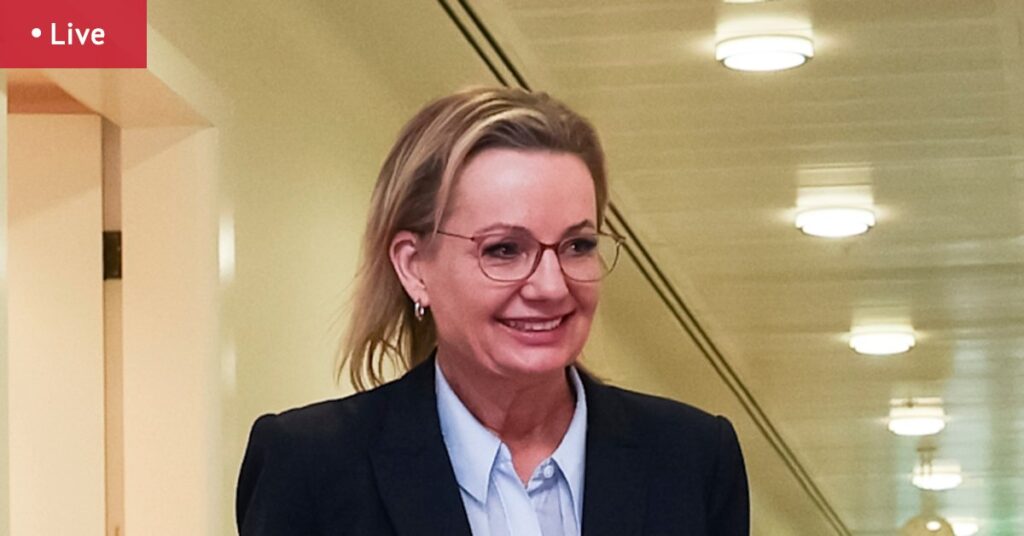
The Liberal Party convened in Canberra for a marathon five-hour meeting to discuss its energy policy, focusing on the contentious issue of net zero emissions by 2050. The meeting saw participation from 49 out of 51 MPs, with a significant divide in opinions. Seventeen MPs advocated for maintaining the net zero commitment, while 28 opposed it, and the stance of four MPs remained unclear.
Following the meeting, Dan Tehan, the Liberal energy and emissions reductions spokesperson, addressed the media but refrained from disclosing the exact number of MPs supporting the net zero target. Instead, he announced that a set of 10 “energy and emissions reduction principles” would guide the party’s future policy. These principles included rejecting the government’s “unrealistic” emissions reduction targets.
Net Zero: A Divisive Issue
The meeting highlighted the deep divisions within the party over the net zero target. Andrew Hastie, a leadership aspirant, suggested that the party consider triggering a double dissolution election over the issue. Meanwhile, conservative frontbencher Michaelia Cash urged her colleagues to abandon the net zero commitment, drawing parallels to the Coalition’s successful campaign against Labor’s Voice to Parliament referendum in 2023.
Victorian Senator Sarah Henderson questioned the credibility of research linking the term “net zero” with effective climate action, while also criticizing Sussan Ley for leaking meeting details to the press. In contrast, Victorian MP Tim Wilson proposed a “net zero valve” model, which would delay the 2050 target if electricity costs rose faster than inflation.
Principles and Policy Proposals
At the press conference, Tehan outlined the foundational and guiding principles that emerged from the meeting. The principles emphasized the need for a stable and reliable energy grid, affordable power, and responsible emissions reductions. They also called for technology neutrality, a commitment to the Paris Agreement, and opposition to carbon taxes and mandates.
“The foundational principles were very clear that energy affordability must come first and must be the focus along with reliability,” Tehan stated.
These principles reflect a broader strategy to appeal to a national audience, as articulated by Liberal Senator Dave Sharma. He emphasized the importance of a balanced energy mix, including gas and coal, to ensure grid stability and affordability.
Next Steps for the Coalition
Tehan indicated that the policy would be refined further before a formal announcement. The Liberal Party plans to meet with the Nationals, who recently abandoned their support for net zero, to develop a unified Coalition policy. This collaboration aims to present a consistent stance on energy and emissions reduction.
Meanwhile, the debate over net zero continues to resonate within the party. Opposition communications spokeswoman Melissa McIntosh noted that while there was a general agreement on the need for emissions reduction, the settlement on net zero was not finalized. The issue will be revisited in upcoming shadow cabinet and full Coalition meetings.
The outcome of these discussions could have significant implications for the party’s electoral prospects, particularly in seats held by climate-focused independents. As the party navigates these complex dynamics, the future of Australia’s energy policy remains uncertain.
As the Liberal Party grapples with these internal challenges, the broader political landscape is also evolving. The outcome of these discussions will likely influence the party’s strategy as it seeks to regain power and address the nation’s energy needs.





